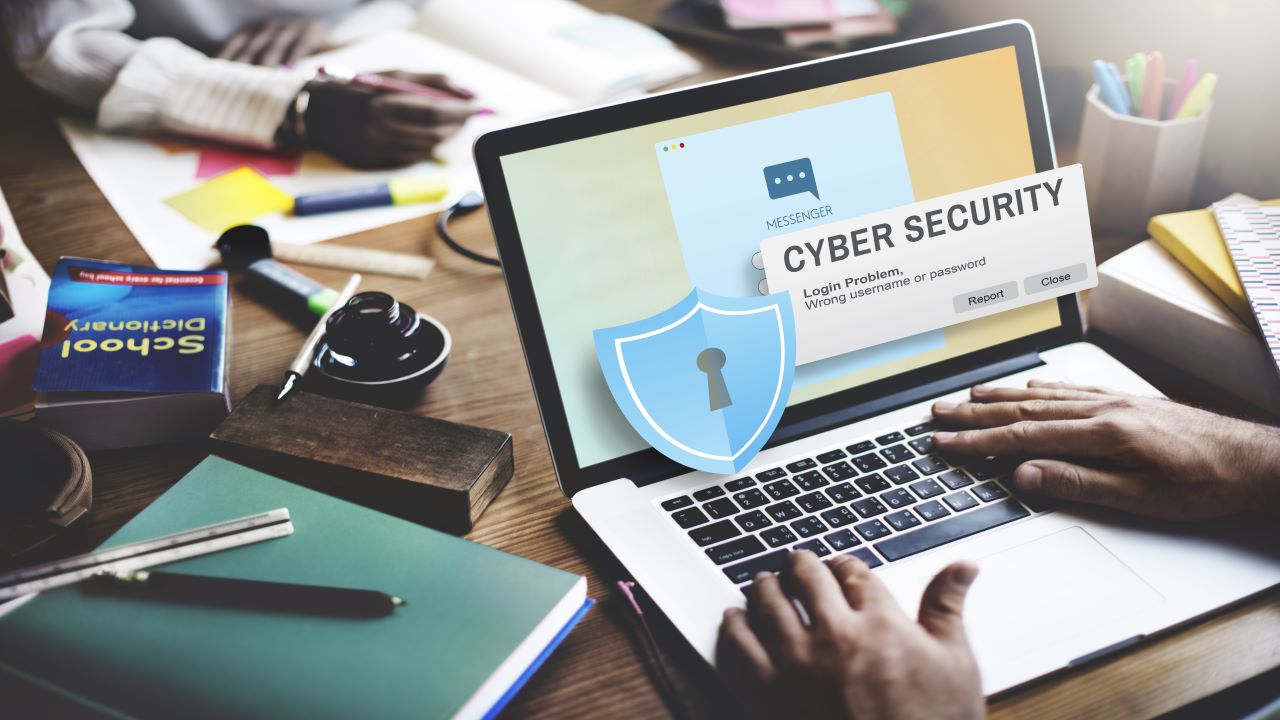
Today, organisations are plagued by advanced, persistent cyberattacks that can devastate a company’s operations and reputation, including the food industry. Companies manage a wide range of assets, including infrastructure, applications, mobile devices, managed and unmanaged endpoints, and cloud services, all of which are vulnerable to cyberattacks.
The pandemic has accelerated the digitalisation of business operations in the food industry. The impact of cybersecurity in the food industry is immense and is now being used increasingly by companies to enhance safety and security against cyber threats.
Discover the leading cybersecurity companies in the food industry
Using its experience in the sector, Just Food has listed some of the leading companies providing products and services related to cybersecurity.
The information provided in the download document is drafted for food industry executives and technology leaders involved in cybersecurity solutions.
The download contains detailed information on suppliers and their product offerings, alongside contact details to aid purchase or hiring decisions.
Amongst the leading vendors of cybersecurity in food industry are Dragos, Eat IT Drink IT, NCR, Netskope, PDI Software, Preciate, Singtel, SonicWALL, TitanHQ, VikingCloud, Auvesy-MDT, Cali Group, and Cardonet.
What makes cybersecurity challenging within the food industry
The food industry is highly dependent on automation to keep prices low and ensure an efficient distribution process. These automation systems are frequently thought to be less vulnerable to cyber-attack because they can be separated from the internet using segmented networks. As a result, less attention is given to food industry’s cybersecurity.
Additionally, the food industry has adopted digital technology faster than it has modernised its cybersecurity systems.
Cybersecurity solutions for the food industry
Cybersecurity training
Most attacks start with elements of social engineering. This is typically a modern phishing email. Perhaps the most effective measure the food industry can take to protect themselves from cyberattacks is to provide cybersecurity training to their employees so that they can be ever vigilant.
Routine software updates and patching
As and when vulnerabilities are identified in computer systems and software, vendors regularly provide updates and patches to protect its customer base from cyberattacks. Many malicious threats can be mitigated by regularly updating and patching one’s system.
Backup data
Up-to-date backups are the most practical defence strategy to keep ransomware criminals at bay. Backup data should be separated from the original files to prevent an attacker from encrypting or extracting both the original and backup files.
Anti-malware software
It is important that all digital endpoints on the companies’ network have anti-malware software installed. Anti-malware software applies behavioural analysis, signature detection, and sometimes artificial intelligence to remediate attacks by disabling malware, hence safeguarding the company from potential cyberattacks.
In today’s BYOD (Bring Your Own Device) workplace set-up, it can be difficult to properly install up-to-date anti-malware on every device with network access. However, it is crucial for a company.
